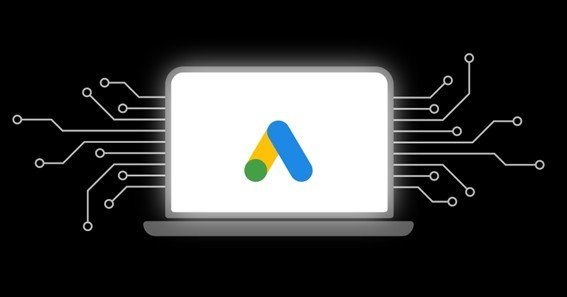In the dynamic world of digital marketing, crafting compelling and high-converting ad copy is crucial for success. With the advent of artificial intelligence (AI), marketers now have powerful tools at their disposal to enhance the efficiency and effectiveness of their Google Ads campaigns. This article explores how AI can revolutionize ad copy creation, offers practical insights, and addresses common questions about integrating AI into your advertising strategy.
The Role of AI in Google Ads Copywriting
Artificial intelligence has transformed various facets of digital marketing, and ad copywriting is no exception. AI-powered tools can analyze vast amounts of data to generate persuasive and targeted ad copy, aligning with user intent and search behaviors. By leveraging AI, businesses can create multiple ad variations quickly, test their effectiveness, and optimize performance—all while saving time and resources.
Benefits of Using AI in Ad Copy Creation
- Efficiency: AI accelerates the copywriting process, enabling the rapid generation of multiple ad versions, which is particularly beneficial for large-scale campaigns.
- Personalization: AI tools can tailor ad copy to specific audience segments, enhancing relevance and engagement.
- Data-Driven Insights: AI analyzes user data to craft messages that resonate with target demographics, improving click-through and conversion rates.
- Consistency: Maintaining a uniform brand voice across various ads is streamlined with AI’s ability to adhere to predefined guidelines.
Top AI Tools for Google Ads Copywriting
Several AI-powered platforms have emerged to assist marketers in creating effective Google Ads copy:
- HubSpot’s AI Google Ads Copy Generator: This tool allows users to input their topic, keywords, and desired tone to generate customized ad copy, streamlining the creation process.
- Writesonic’s Google Ads Generator: Crafts well-optimized and high-converting ad copy swiftly, offering limitless variations with a single click.
- Copy.ai’s Free Google Ads Generator: Assists in creating compelling ad copy by generating headlines, body text, and calls-to-action tailored to the target audience.
- Anyword: Utilizes AI to generate and optimize marketing text for various platforms, including Google Ads, ensuring persuasive and effective ad copy.
- Omneky: Employs machine learning to generate and test different ad creatives, analyze performance data, and optimize campaigns for better results.
Best Practices for Integrating AI into Your Ad Copy Strategy
- Define Clear Objectives: Understand the goals of your ad campaigns to guide the AI in generating relevant copy.
- Provide Detailed Inputs: The more specific information you feed into the AI tool—such as target audience, keywords, and desired tone—the more tailored and effective the output will be.
- Review and Edit Outputs: While AI can produce high-quality drafts, human oversight ensures the copy aligns with brand voice and campaign objectives.
- Test Multiple Variations: Utilize AI to create different ad versions and conduct A/B testing to determine which resonates best with your audience.
- Stay Updated on AI Developments: AI technology is continually evolving; keeping abreast of new tools and features can provide a competitive edge.
Conclusion
Incorporating AI into your Google Ads copywriting process can significantly enhance the efficiency and effectiveness of your campaigns. By leveraging AI tools, marketers can produce personalized, data-driven ad copy that resonates with target audiences, ultimately driving better results. However, it’s essential to combine AI capabilities with human creativity and oversight to ensure the messaging aligns with your brand and meets strategic objectives.
FAQ
1. Can AI completely replace human copywriters for Google Ads?
While AI can generate ad copy efficiently, human creativity and strategic insight are irreplaceable for ensuring brand alignment and emotional resonance in messaging.
2. Are AI-generated ads compliant with Google’s advertising policies?
AI tools generate copy based on user inputs and data analysis. It’s crucial to review and ensure that all AI-generated content complies with Google’s advertising policies before deployment.
3. How do AI tools personalize ad copy for different audience segments?
AI tools analyze data on user behavior, preferences, and demographics to craft messages that are tailored to specific audience segments, enhancing relevance and engagement.
4. Is it expensive to implement AI tools for ad copy creation?
Many AI tools offer scalable pricing models, including free versions with basic features, making them accessible for businesses of various sizes.
5. How can I measure the effectiveness of AI-generated ad copy?
Monitor key performance indicators such as click-through rates, conversion rates, and return on ad spend to assess the impact of AI-generated ad copy on your campaigns.










